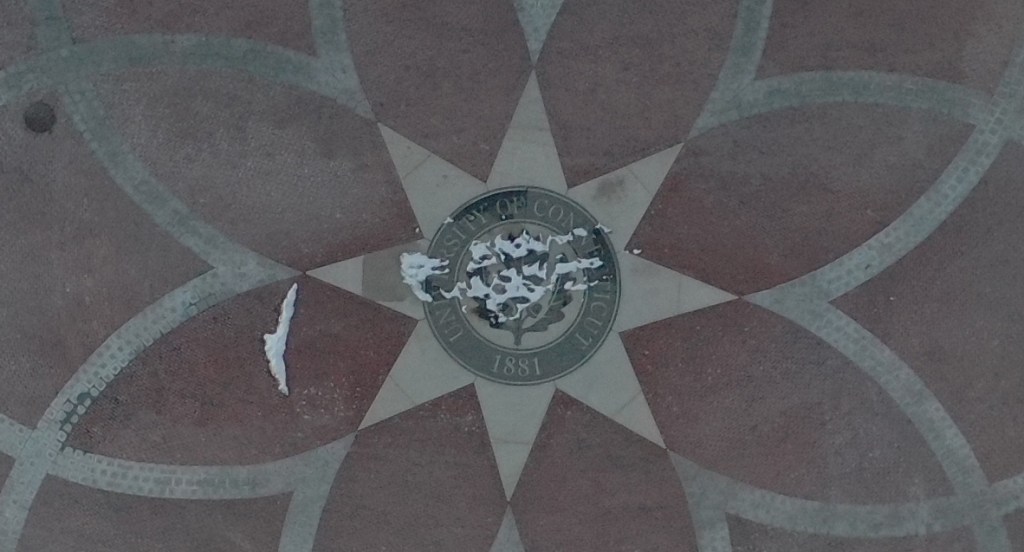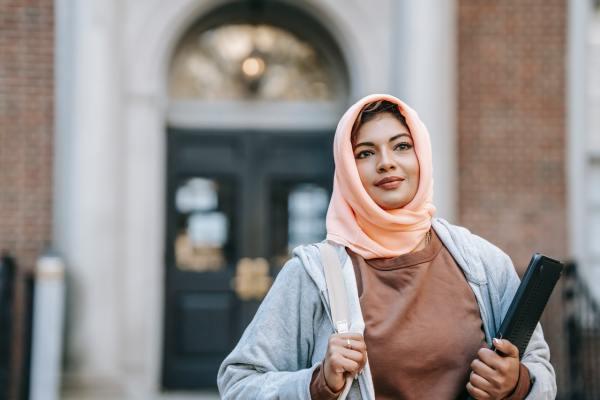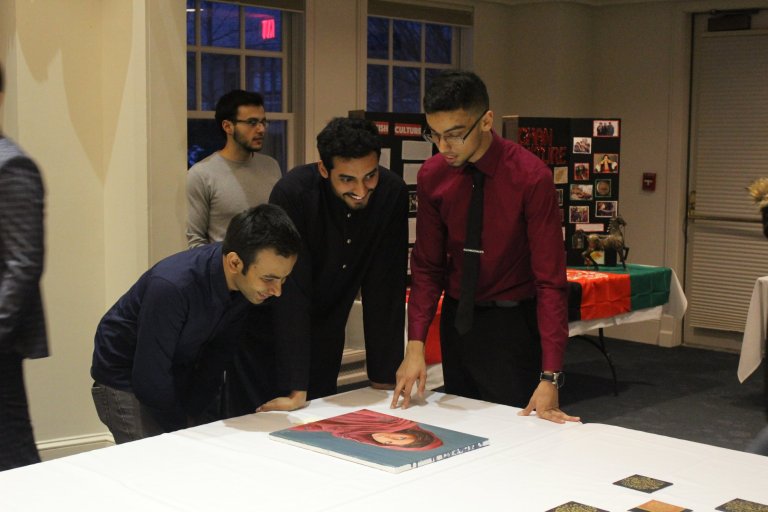


ABOUT US
Mission Statement
The Middle Eastern Cultural Programs (MECP) strive to foster connections between students, promote the education of Middle Eastern culture, celebrate the intersectionality of identities, and advocate for the professional development of students. MECP aligns itself with the University’s diversity commitment of cultural centers to provide vital resources in support of the social, behavioral, and cultural needs of students. It exists to serve as a central resource for both the UConn community and surrounding communities for issues and historical context related to the demographic group represented by the center. MECP also shines light on issues that the underrepresented Middle Eastern population faces. It is important to note that the Middle Eastern identity is not strictly Asian, African, or European. It is a combination of many different regions, nationalities, ethnicities, and religions. We hope to use MECP to celebrate Middle Eastern culture by integrating the academic components of campus along with the cultural experiences of the students. In this way, MECP acts as liaison between the academic partners on campus and the cultural groups that fall under the Middle Eastern umbrella.
History
Each of the six cultural centers at the University of Connecticut has a story. Many are the result of incidents on campus that shed light on the need for a center, and all are a product of student activism. MECP is no exception. Rather, the programs were born from a long and persistent history of students banding together to demand a space on campus for their community.
Since its founding in the spring of 2018, the Middle Eastern Student Association (MESA) has served as a non-religious, apolitical space for UConn students of Middle Eastern identity. Centered on the principles of community and inclusion, the organization has hosted numerous cultural events, including an annual Bazaar event, the classic 'Beauty and the Middle East' event, and the 'Paint Night and Samosa' fundraising events that take place throughout the Fall and Spring semesters. Yet soon after the creation of MESA, many Middle Eastern students on campus began to express a desire for a more formal space to celebrate cultural identity. Thus, it became the mission of MESA to one day establish a Middle Eastern Cultural Center (MECC) on the Storrs campus.
In the Fall of 2018, several executive board members, including Kasra Farahbakhshian (class of 2018), Mateen Karimi (class of 2020), and Susan Naseri (class of 2020), decided to further pursue the idea of a MECC project. They initiated conversations with key constituents on the campus, including cultural center directors and former UConn administrators, such as [then] Chief Diversity Officer Dana Wilder. The purpose of these conversations was to better understand the history of the existing centers and how they were founded.
Verbal support for the creation of a MECC ensued from these conversations, but the project fell apart as the administration changed and MESA executive board members graduated. A few years later, Mateen Karimi decided to make this project part of his Honors Senior Thesis. Noor Taweh (class of 2021) also focused on the topic, receiving funding in the fall of 2020 through the BOLD Women's Leadership Network to conduct a research project titled “Investigating the Effect of Inadequate Cultural Space for Minority Students in A University Setting.” In order to prevent the impetus for a Middle Eastern Culture Center from losing momentum once again, Noor and Mateen teamed up with Lana Kareem (class of 2023), the former Vice President of the Middle Eastern Student Association (MESA), and Irene Soteriou (class of 2023), the founding President of the UConn Human Rights Symposium, both of whom had gained recognition on campus as active voices for the Middle Eastern undergraduate community.
A dynamic and collaborative initiative ensued, characterized by meetings with various faculty, staff, and departments; petitions and grassroots organizing; and the passing of legislation through the Undergraduate Student Government. By the end of the 2021 spring semester, the Office of Diversity and Inclusion agreed to approve the creation of a formal space for students at the Storrs Campus. This space became the Middle Eastern Cultural Programs of today.
Looking Ahead
The movement towards a MECC on the Storrs campus has since fallen at a critical point in time. The Middle Eastern community– undergraduate students, graduate students, faculty, and staff –at the University of Connecticut, and in the country at large, is recovering from an administration that targeted their cultural and religious backgrounds (i.e. President Trump’s 2017 Muslim Ban, Executive Order 13769). While President Biden has since reversed this executive order, the effects are lingering. Such effects predate the Trump presidency and have their origins in the lasting hate and discrimination that followed 9/11. In fact, as of March 9, 2021, the Biden administration has announced that it will not issue visas to diversity visa applicants from fiscal year 2017-2020 who were denied as a result of the Muslim Ban (ACLU, 2021). These pervasive effects continue to impact Middle Eastern students as they traverse their undergraduate and graduate careers, and are only compounded by students' varied experiences as refugees, immigrants, second-generation immigrants, or other intersectional identities.
Such damage is certainly relevant to a public university, which enrolls students of Middle Eastern background and hopes to set their students up for success and contribute to the well-being of the state. According to the Migration Policy Institute (2015), an approximated 1.02 million refugees from the Middle East are currently residing in the United States, representing 25% of the nation’s refugee population (Zong & Batalova, 2015). As of 2018, Connecticut is home to roughly 8,000 documented immigrants from West Asia (Middle East) and 5,500 from North Africa (State Demographics Data). In the years prior to the Muslim Ban, Connecticut took in the largest number of Syrian refugees compared to its New England neighbors (Connecticut Health Investigative Team, 2017). Such refugee hubs (New Haven and Hartford, in particular) are spread throughout the state and overlap with our student populations, both undergraduate and graduate.

Middle Eastern Cultural Program Leads Petition to Become Cultural Center (2021)

The Foundation of the Middle Eastern Cultural Programs (2021)
